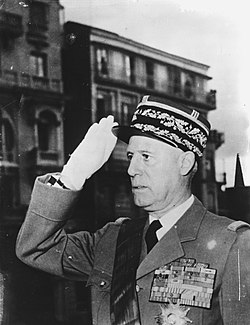| << | May 1958 | >> | ||||
|---|---|---|---|---|---|---|
| Su | Mo | Tu | We | Th | Fr | Sa |
| 1 | 2 | 3 | ||||
| 4 | 5 | 6 | 7 | 8 | 9 | 10 |
| 11 | 12 | 13 | 14 | 15 | 16 | 17 |
| 18 | 19 | 20 | 21 | 22 | 23 | 24 |
| 25 | 26 | 27 | 28 | 29 | 30 | 31 |


The following events occurred in May 1958:
Contents
- May 1, 1958 (Thursday)
- May 2, 1958 (Friday)
- May 3, 1958 (Saturday)
- May 4, 1958 (Sunday)
- May 5, 1958 (Monday)
- May 6, 1958 (Tuesday)
- May 7, 1958 (Wednesday)
- May 8, 1958 (Thursday)
- May 9, 1958 (Friday)
- May 10, 1958 (Saturday)
- May 11, 1958 (Sunday)
- May 12, 1958 (Monday)
- May 13, 1958 (Tuesday)
- May 14, 1958 (Wednesday)
- May 15, 1958 (Thursday)
- May 16, 1958 (Friday)
- May 17, 1958 (Saturday)
- May 18, 1958 (Sunday)
- May 19, 1958 (Monday)
- May 20, 1958 (Tuesday)
- May 21, 1958 (Wednesday)
- May 22, 1958 (Thursday)
- May 23, 1958 (Friday)
- May 24, 1958 (Saturday)
- May 25, 1958 (Sunday)
- May 26, 1958 (Monday)
- May 27, 1958 (Tuesday)
- May 28, 1958 (Wednesday)
- May 29, 1958 (Thursday)
- May 30, 1958 (Friday)
- May 31, 1958 (Saturday)
- References



